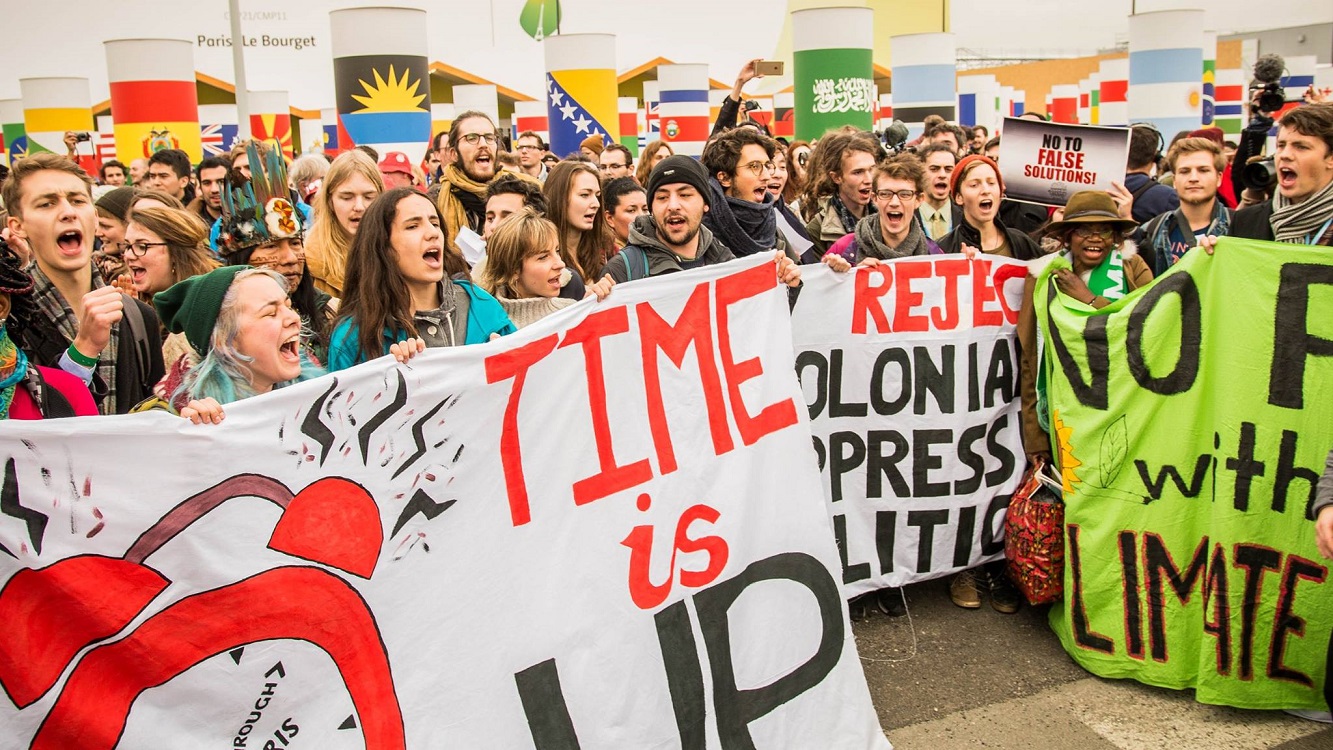Last week, the Biden administration made significant announcements that signaled to the world that the United States is getting more serious about the climate crisis.
On Wednesday at the UN General Assembly, President Biden made history by pledging to double U.S. funding for global climate action. This raises the US commitment from a previously announced $5.7 billion per year to $11.4 billion per year by 2024. The president will still have to work with Congress to fulfill this pledge, and while many celebrated the announcement, others pointed out that the pledge still falls short of “what climate science and justice demand.”
As the world’s largest economy and one of the biggest sources of global climate pollution, the United States has a moral responsibility to pay its fair share and be responsive to grassroots demands for equity around coal retirements, just transitions from fossil fuels to clean energy, and renewable energy finance. Developing countries have contributed the least to climate change, yet these nations are tasked with reducing emissions while simultaneously facing the worst impacts of the climate crisis.
President Biden’s newest commitment would mean more funding to accelerate the transition to clean, renewable energy in developing countries and to provide technical and financial support for adaptation and resilience in countries most vulnerable to the consequences of climate change. The Sierra Club applauds President Biden for doubling the country’s commitment and urges Congress to swiftly approve these funds.
On Thursday, the Biden administration finalized the first national limits on hydrofluorocarbons, or HFCs, which are thousands of times more potent than carbon dioxide at heating our atmosphere. The US Environmental Protection Agency will begin regulating HFCs next year, curbing production and imports by 85 percent over the next 15 years. This rule could help us avoid up to 0.5 degrees Celsius of global warming by the end of the century.
These announcements continue a drumbeat of climate pledges by the Biden administration, and represent a marked departure from the Trump administration’s refusal to take action to protect communities in the United States and around the world from the worst impacts of climate change. Back in April, President Biden announced at the Climate Leaders Summit that the US will aim to cut its greenhouse gas emissions by 50 to 52 percent by 2030. The public is now looking to our leaders in Congress to pass the climate-action-centered Build Back Better Act and pass transformational investments in key priorities including clean energy tax credits, clean transportation, climate justice, and a Civilian Climate Corps.
These developments and others, including China’s commitment to stop financing new coal plants abroad, are reasons to hope that we may see more ambitious global action from developed countries at the next UN Climate Change Conference (COP26) this November in Glasgow, Scotland. However, a critical ingredient for success will be centering the voices of grassroots leaders from across the globe.
Grassroots leaders work on the frontlines of climate change and have deep insight into what is needed from international governments to build healthy and safe communities and restore the right of all people to clean air, clean water, and a sustainable, healthy climate. This is why the Sierra Club and Friends of the Earth US will be hosting a virtual Grassroots Leaders Summit leading up to COP26 to amplify the demands of these leaders. Learn more about the summit and RSVP here.
As communities around the world are grappling with the very real consequences of the climate crisis, the stakes for international cooperation on climate have never been higher. We hope that these recent announcements will inspire world leaders to raise their ambitions and make progress on global climate commitments this fall.
